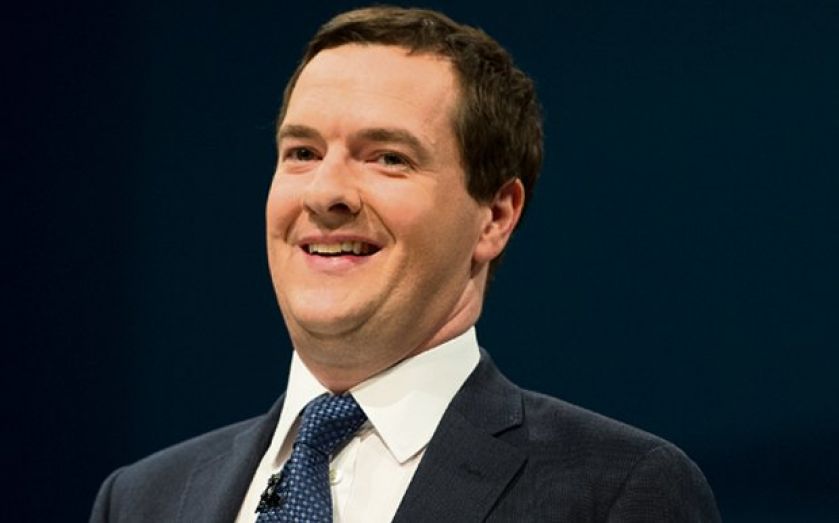How energy bills are threatening export hopes of UK businesses

BRITAIN risks missing the government’s export targets because high energy bills make it hard to compete overseas, manufacturing group EEF warned today.
George Osborne wants UK firms’ exports to hit £1 trillion per year in 2020, a target requiring growth of nine per cent each year.
But by that stage the government expects taxes to make up 50 per cent of firms’ energy bills – and businesses fear other countries’ lower energy bills make it hard to sell British-made goods abroad.
“For many manufacturers, energy costs represent a significant cost to their business, and rising costs are eating into already squeezed margins,” EEF’s report warned.
“Even in Europe there are significant differences. Larger business users in countries including Germany, Denmark and Italy currently receive significant subsidies on energy taxes and low-carbon energy support.”
The extra taxes and charges here are 280 per cent more than those levied in the US and Russia, for very energy intensive firms like steel manufacturers, EEF estimates.
In part the energy charges are having the desired effect. The survey found 96 per cent of firms are implementing energy efficiency measures to cut bills, while only 65 per cent were making the changes specifically to cut their carbon footprints.
But the organisation is worried the costs hurt British business and conflict with government aims to rebalance the economy.
“To remain internationally competitive and to remain a place where companies choose to invest – to remain a country where companies can grow – government, industry and energy suppliers must work together to ensure that energy policy and the energy sector support the vision of maintaining and expanding the UK’s modern, export-focused manufacturing base,” EEF said.